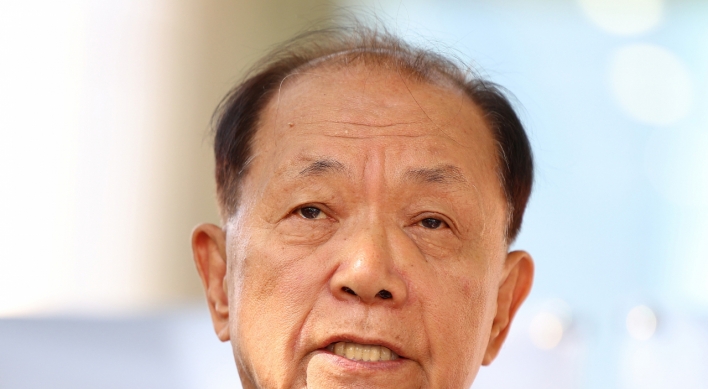Municipalities offer subsidies for hair loss treatment
By Lee JaeeunPublished : May 7, 2023 - 14:34

An increasing number of local governments are subsidizing medical expenses for young people suffering from hair loss amid an increase in the number of Koreans in their 20s and 30s seeking the treatment.
Saha District Office in Busan amended an ordinance Wednesday to provide free alopecia treatment for residents aged 19-34.
Saha ward office is the latest in municipalities' drive to fund hair loss treatments for residents. Seongdong District Office in Seoul has also been offering cash vouchers to residents aged 39 and below who suffer from hair loss since May 2022. Daegu Metropolitan Government, and Boryeong City in South Chungcheong Province have also been offering similar benefits.
Kang Hyun-sik, council member in Saha district in Busan who proposed the ordinance, said the municipal funding for people suffering hair loss is designed to help them better engage in social and economic activities.
Currently, hair loss is not generally covered by the government health insurance program. Its only supports treatment if the hair loss is caused by certain diseases.
According to data from the Health Insurance Review and Assessment Service, the number of people being treated for hair loss has gradually increased in the past three years with the number reaching nearly 350,000 in 2021.
Though hair loss is a part of aging process, the country has seen an increasing number of people in their 20s and 30s are seeking treatment for hair loss. In 2021, people in their 20s and 30s accounted for 22.3 percent of the total.
"Hair loss is a disease caused by academic and employment stress. By funding the treatment for hair loss, the local government can support young people's social and economic activities. It is also effective in preventing depression in young people," he said.
Municipalities have drawn criticism for their hair loss treatment subsidies, with accusations that they waste taxpayers' money. Some argue that if hair loss treatment is given subsidies, patients suffering from terminal illnesses should also be funded by municipalities.







![[KH Explains] No more 'Michael' at Kakao Games](http://res.heraldm.com/phpwas/restmb_idxmake.php?idx=644&simg=/content/image/2024/04/28/20240428050183_0.jpg&u=20240428180321)











![[Herald Interview] Mistakes turn into blessings in street performance, director says](http://res.heraldm.com/phpwas/restmb_idxmake.php?idx=652&simg=/content/image/2024/04/28/20240428050150_0.jpg&u=20240428174656)
